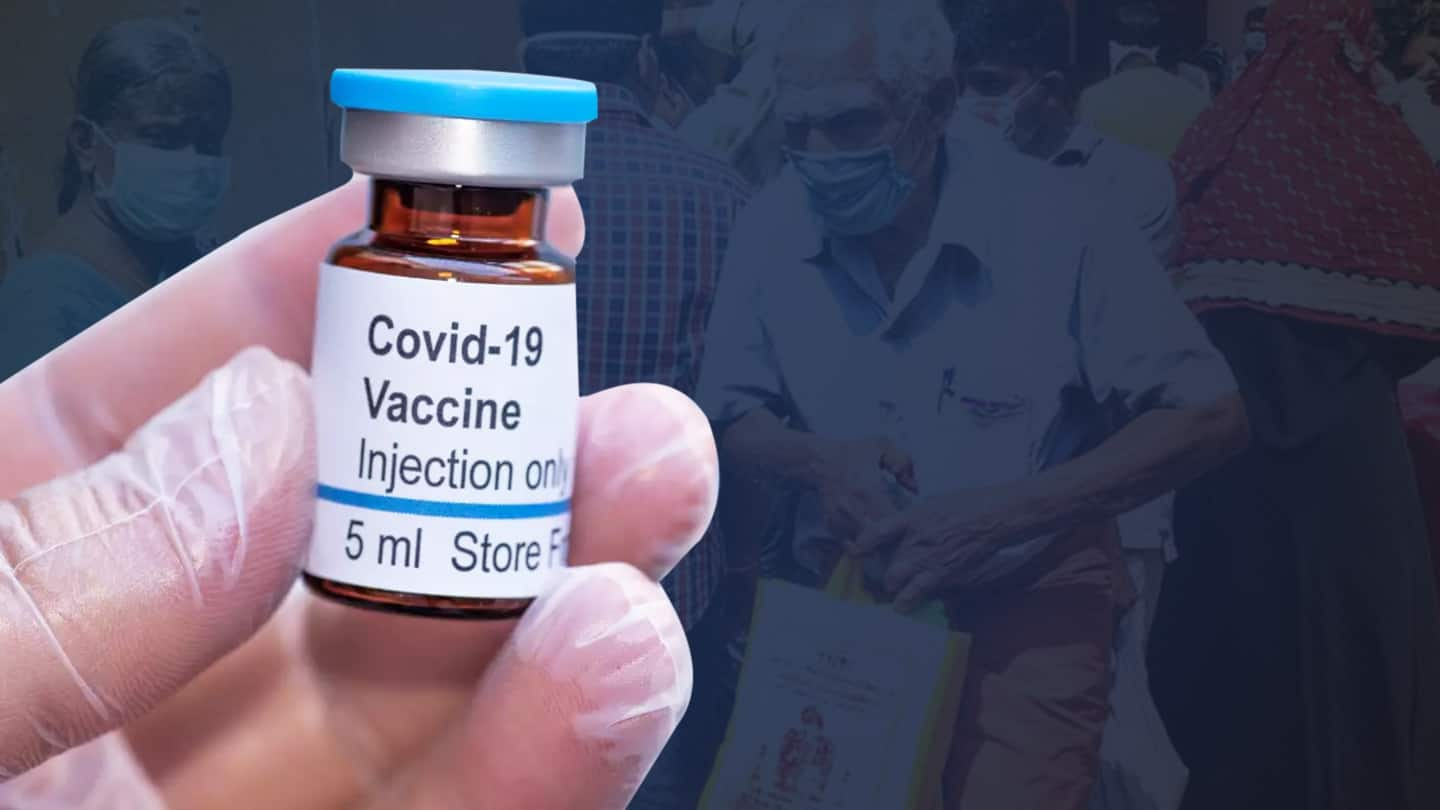
COVID-19 booster shot's effectiveness wanes after fourth month: CDC study
What's the story
Immunity generated from third or booster doses of the Pfizer and Moderna COVID-19 vaccines wanes substantially after about four months, the United States Centers for Disease Control and Prevention (CDC) said on Friday. Citing the finding, the study highlighted that a fourth dose may be required to enhance protection. The study was conducted between August last year and January 2022 amid the Omicron surge.
Context
Why does this story matter?
Evaluating the booster dose's efficacy is critical for the global fight against the COVID-19 pandemic. Earlier, Israel had reported waning immunity from booster shots and started offering fourth doses to select groups. However, it remains a matter of debate among health officials and experts as several developing countries are struggling to inoculate their population with the two-dose regime.
Details
Protection falls from 91% to 78%
According to the study, boosters were 91% effective in preventing hospitalization during the first two months after administering the shot. But that protection fell to 78% after four months. In terms of urgent care and emergency department visits, protection dropped from 87% in the first two months to 66% after four months, the CDC study found.
Quote
Study says additional doses should be considered
In a statement, the CDC said boosters are "safe and effective" and they "continue to offer high levels of protection against severe disease, even months after administration." But the study "reinforces the importance of further consideration of additional doses to sustain or improve protection against COVID-19-associated" visits to emergency departments and hospitalizations, the researchers said.
Other details
90M+ receive boosters in the US
Presently, US officials recommend booster shots for everyone aged 12 years and above. Reportedly, over 90 million (nine crore) Americans have received boosters so far. Of them, nearly eight million had received their boosters at least four months ago. In India, a booster dose program had begun last month for healthcare workers, frontline staffers, and senior citizens suffering from illnesses.